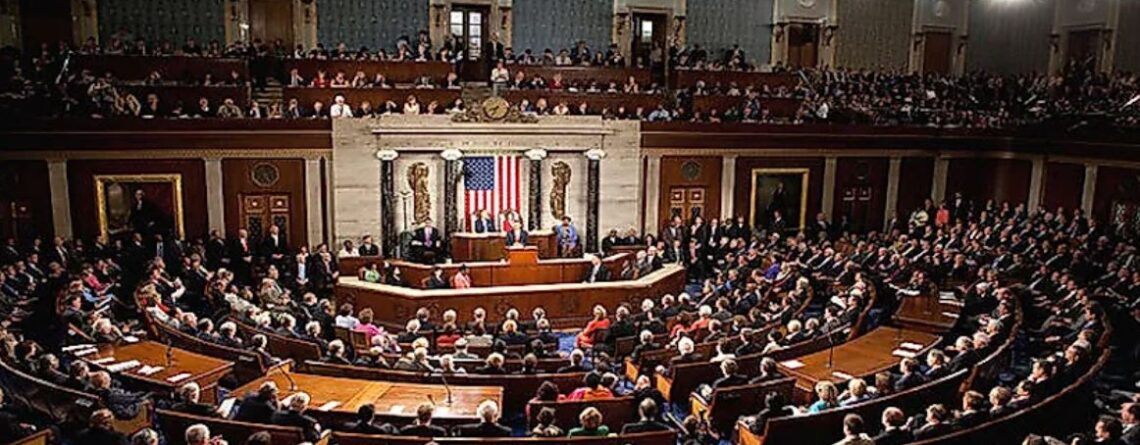US. Congress is still considering changes to the retirement system, including catch-up contributions
There’s still a decent chance that changes to the U.S. retirement system will be enacted before the end of the year.
Despite there being just a few months left before the next Congress convenes Jan. 3 — the midterm elections will be Nov. 8 — the push to improve Americans’ ability to save for retirement is supported by both Republicans and Democrats.
The proposals are collectively called “Secure 2.0” — which is a nod to the 2019 Secure Act, whose provisions ushered in major changes to the retirement system for the first time since 2006.
“There’s still tremendous bipartisan interest in doing another retirement security bill,” said Paul Richman, chief government and political affairs officer for the Insured Retirement Institute.
“I think the opportunity for that to happen would be … following the midterm elections when [lawmakers] would be doing some tax-related bills,” Richman said. “It would be the right place because most of the changes would affect the tax code.”
Differences still need to be worked out
The House passed its version of Secure 2.0, the Securing a Strong Retirement Act (H.R.2954), in late March with a bipartisan vote of 414-5.
In the Senate, committees with jurisdiction over retirement-related provisions have already approved proposals that collectively form the basis of that chamber’s Secure 2.0 version: The Health, Education, Labor and Pensions Committee advanced the so-called Rise & Shine Act (S.4353) in June, and the Finance Committee approved a bill in September known as the EARN Act (S.4808).
Of course, differences between the House-passed bill and the Senate’s proposals would need to be worked out before a final package could be approved by both chambers.
Read More @CNBC
196 views










